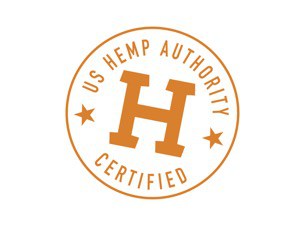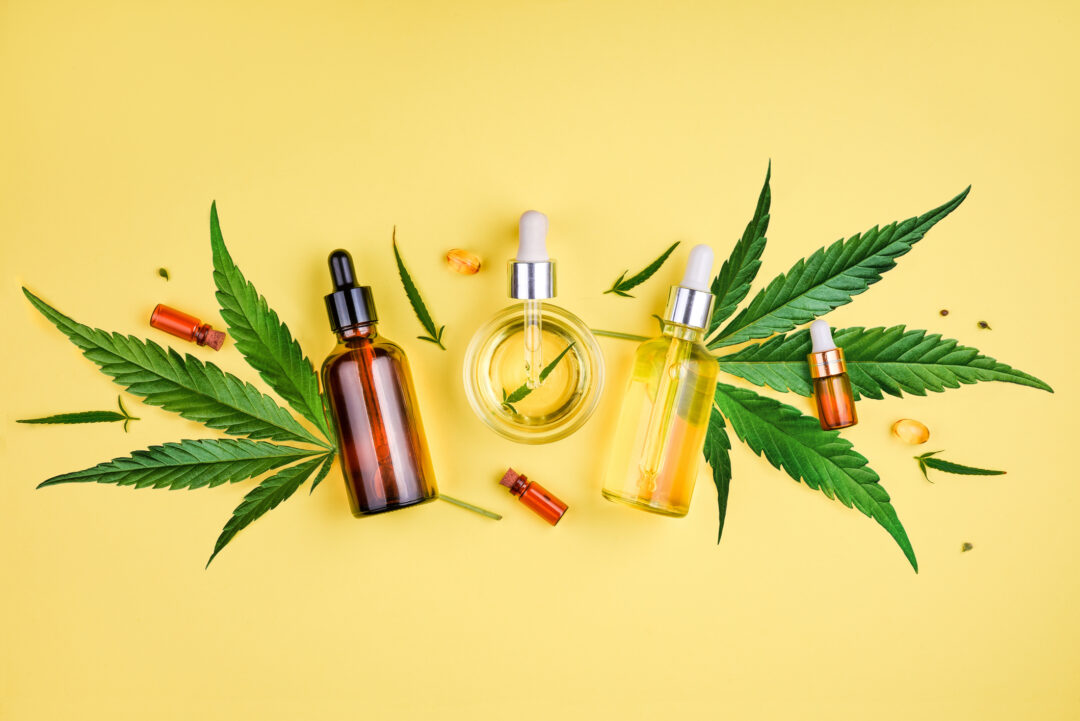
“With the passage of the 2018 Farm Bill, hemp’s extracts such as CBD [cannabidiol] with a THC level of not more than 0.3 percent (as distinct from marijuana), are no longer illegal controlled substances under federal law and are becoming more prevalent in food, beverage, and health and wellness,” said Mark Dabroski, Senior VP, Commercial Services with FoodChain ID, in a press release. Due to the exponential growth in the hemp seed oil and protein markets, he said, the need for self-regulation and transparency are "critical."
USHA President Marielle Weintraub added, “The U.S. Hemp Authority Certification Program is our industry's initiative to provide high standards, best practices, and self-regulation, giving consumers an easy way to identify hemp-derived products that can be trusted. We are striving for ingredient transparency and truth in labeling.”
Related: Phytocannabinoids: 25 Things to Know Now Selling CBD: 7 Qs Retailers Should Be Asking
The release explains that USHA and others, includingHemp Industries Association, developed comprehensive guidance for growers, processors/manufacturers, and brand owners of ingestible and cosmetic hemp products. The effort is funded by theU.S. Hemp Roundtable,and participants are licensed to use the U.S. Hemp Authority Certification seal after "meeting stringent self-regulatory standards, passing an independent third-party audit, and entering into a Licensing Agreement."Attendees of Natural Products Expo West can get more information on the effort at a public session to be held March 2 in Anaheim, CA. More information on the session can be foundhere.











